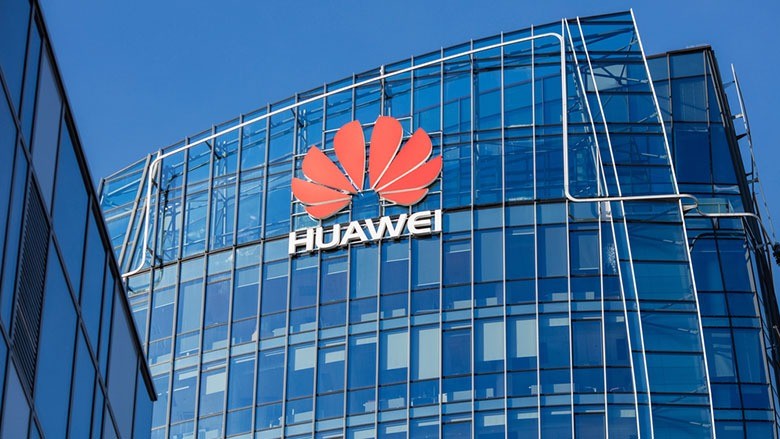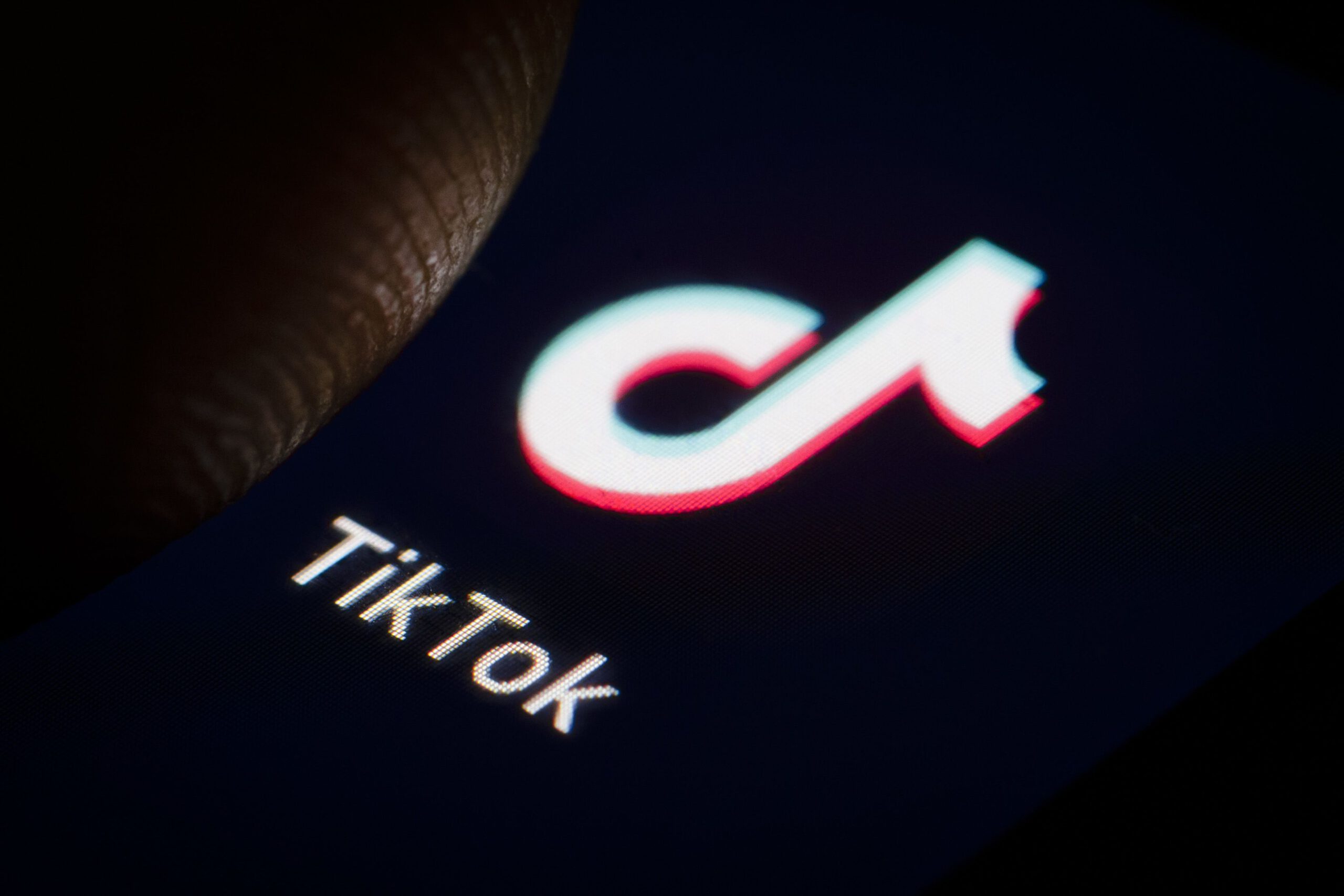Being connected via a cable, the same as for cable television, has allowed many more residents of the United States to partake in the broadband bandwidth boom. This is largely due to the fact that there is already a plentiful network of coaxial cable spread across the continent, far more than fiber optic lines. You could say that cable got a head start with very little competition. Many telecom carriers are undoubtedly envious of the once entertainment revenue driven companies. Through the use of a cable modem, one can be hooked up to high speed Internet whereas other physical modems require phone land lines.
Pros of Cable Internet
1. Advantages of cable Internet starts at the extreme-speed of the connection. Speeds of up to 12 Mbps can be obtained within a household enabling faster streaming of video, smoother online gaming, and faster downloads.
2. Because no land line is required for cable, you are able to stay connected to the Internet continuously. There is no dialing required for the modem which is often touted as the greatest convenience in our fast paced society. Additionally, there are no phone bill costs associated with the Internet connection which have been an issue for customers having to call via Intralata long distance.
3. Other connections such as DSL are substantially slower and can often cost twice as much to reach the speeds that cable Internet can achieve. The costs for this Internet connection is able to be offered substantially at lower cost per Mbps adding value to the consumer end because of this.
4. Cable Internet connections are not just always on, but tend to remain more reliable than DSL or wireless Internet. Dropped connections are very rare and often only happen during important updates to the network, not during peak hours.
5. You can additionally bundle your Internet with other services to add value and convenience to your monthly communications expenses. This can include phone service, broadband (of course), and cable television entertainment packages.
Cons of Cable Internet
1. While you may have ordered the largest cable broadband bandwidth for your home, during peak hours you may find you don’t receive all the bandwidth you originally have ordered. This can also happen when too many are connected to your Internet connection in your home via your wireless router.
2. The cost per Megabit is a fair price, however there are not any slow cable Internet connections being sold. This leaves you open to paying more and having to buy possible more bandwidth that you need resulting in higher monthly costs.
3. Sometimes you are required to buy more than just the Internet service. Many cable companies have taken advantage of their place in the market and will insist you buy a cable television package in order to receive Internet services at all. This can alter the value when it comes to cost savings.
4. Installation costs can be somewhat hefty if you didn’t have a coaxial cable running through your premises originally. This can run into the high $100+ bracket.
5. Due to the Internet connection always be on, you will have to invest in a good anti-virus program to ensure your computer is kept safe. Not only that, but viruses can be uploaded to your computer much more efficiently with cable Internet, so keep that in mind.
Aaron Siegel
















